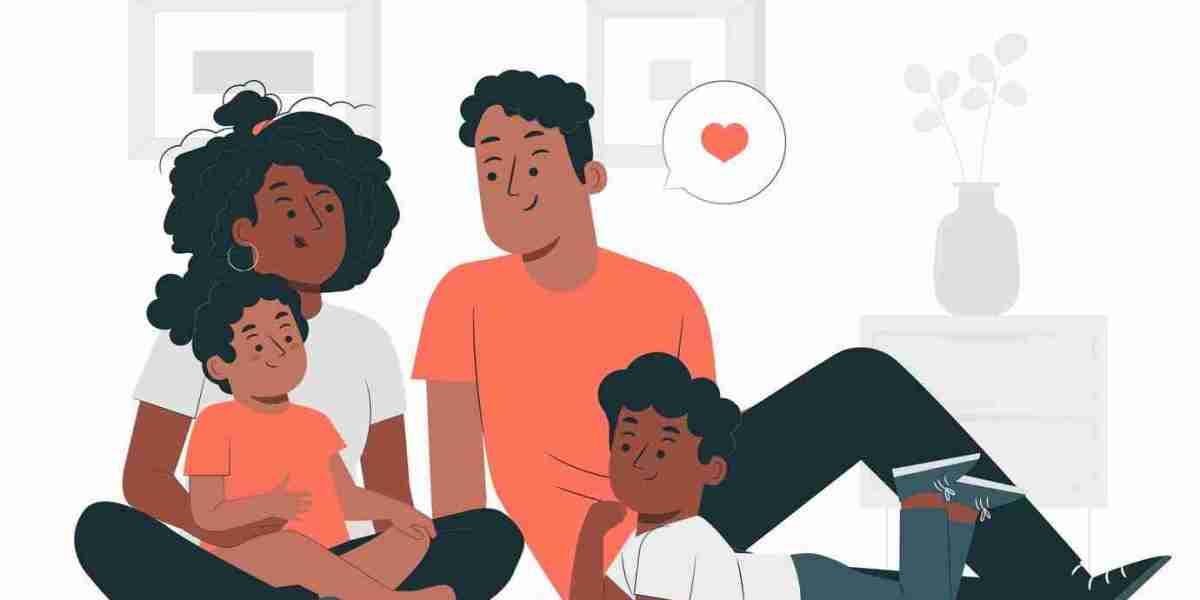Relationships can be complex and challenging, and at times, couples may find themselves struggling to communicate effectively or overcome issues. This is where relationship counselling comes in. Relationship counselling helps couples address their challenges, improve their communication, and strengthen their bond. But how exactly does relationship counselling work? Let's examine the procedure and discover its advantages.
What is Relationship Counselling?
Relationship counselling, also known as marriage counselling or couples therapy, is a form of therapy that focuses on helping couples navigate their relationships and resolve conflicts. It involves meeting with a professional relationship counsellor who is trained to facilitate conversations, provide guidance, and offer strategies to improve the health and happiness of the relationship.
The Role of Relationship Counsellors
Relationship counsellors play a crucial role in the counselling process. They are trained professionals who have expertise in addressing relationship issues and guiding couples towards healthier dynamics. These counsellors provide an unbiased perspective and create a safe and supportive environment for couples to express themselves.
Relationship counsellors employ various therapeutic methods and techniques to help couples resolve conflicts, improve communication, and deepen their connection. They may use evidence-based approaches such as cognitive-behavioral therapy, emotion-focused therapy, or Gottman therapy, tailoring the sessions to suit the unique needs of each couple.
The Process of Relationship Counselling
Assessment: The first step in relationship counselling typically involves an assessment phase. The counsellor will meet with the couple individually or together to understand their concerns, goals, and relationship history. This assessment helps the counsellor gain insights into the specific issues the couple is facing, as well as their strengths.
Goal Setting: Once the assessment phase is complete, the counsellor and the couple collaboratively set goals for the counselling process. These goals may include improving communication, resolving conflicts, rebuilding trust, or strengthening emotional intimacy. Goal setting helps provide a clear direction for the counselling sessions.
Sessions: The counselling sessions are usually conducted on a regular basis, with the frequency and duration varying based on the needs of the couple. During these sessions, the counsellor guides the couple through conversations, providing tools and strategies to improve their relationship. They may explore underlying patterns, unmet needs, and individual perspectives to help couples gain a deeper understanding of each other.
Homework and Practice: Relationship counselling often involves assigned homework and practice exercises to reinforce the learnings from the sessions. These exercises encourage couples to apply new communication techniques, conflict resolution strategies, or other skills discussed in therapy. Consistent practice outside of sessions can help foster positive changes in the relationship.
Ongoing Support: Relationship counselling is not a one-time fix. Counsellors provide ongoing support to couples throughout their journey, offering guidance as they navigate challenges and helping them sustain progress. They may also recommend additional resources or workshops that can further enhance the couple's relationship.
The Benefits of Relationship Counselling
Relationship counselling offers numerous benefits for couples seeking to improve their relationship. Here are some key advantages:
Improved Communication: Counselling provides couples with a safe space to express themselves openly and honestly. Through effective communication techniques learned in counselling, couples can better understand each other's needs, concerns, and emotions.
Conflict Resolution: Relationship counsellors equip couples with tools and strategies to resolve conflicts in a healthy and constructive manner. Couples learn to identify and address underlying issues, allowing for more productive discussions and the development of mutually satisfying solutions.
Increased Intimacy: Counselling can help couples deepen their emotional intimacy and build a stronger connection. By exploring vulnerabilities, expressing feelings, and understanding each other's love languages, couples can foster a more meaningful and fulfilling bond.
Enhanced Problem-Solving Skills: Relationship counselling helps couples develop effective problem-solving skills. By learning to approach challenges with a collaborative mindset, couples can overcome obstacles more efficiently and prevent recurring issues.
Prevention and Maintenance: Relationship counselling is not only beneficial for couples experiencing challenges but can also serve as a preventive measure. Couples can stop little issues from becoming bigger issues by taking care of them early on. Additionally, ongoing counselling sessions can help maintain a healthy and thriving relationship.
In conclusion, relationship counselling is a valuable resource for couples facing difficulties in their relationships. Through the guidance of relationship counsellors, couples can gain insights, improve communication, and build a stronger foundation for their relationship. Whether it's navigating conflicts, deepening emotional intimacy, or strengthening overall well-being, relationship counselling offers the tools and support necessary for lasting and fulfilling relationships.








